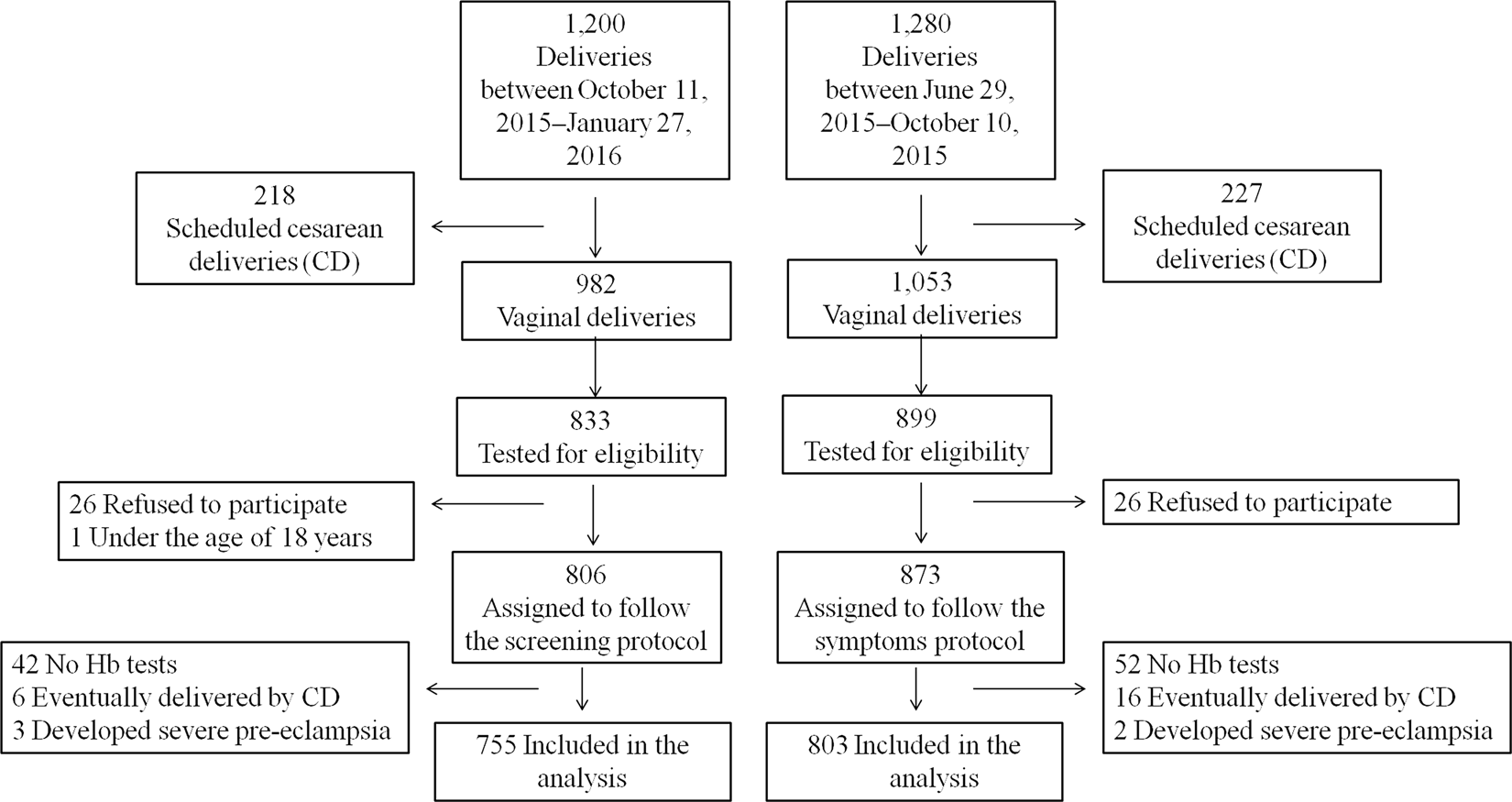

Anemia can also make your heart work harder. In some cases, this lack of oxygen may be bad enough to threaten your life. It can make you feel very tired because cells in your body can’t get enough oxygen. Anemia can affect your quality of life and has been found to shorten survival in people with cancer. The first thing the doctor needs to know is how severe your anemia is. Sometimes no cause can be found other than “anemia of chronic disease.” This type of anemia is often found in people with long-lasting problems like congestive heart failure, inflammatory diseases, or cancer. Your doctor or nurse can use the results of these tests, along with your medical information and a physical exam, to get an idea of what might be causing your anemia. A test of your stool (feces) to check for blood (called a fecal occult blood test or FOBT).Blood tests to look at your iron, vitamin B12, and folate levels.A bone marrow exam to make sure your bone marrow is working as it should.A blood test called a reticulocyte count (Reticulocytes are very young red blood cells just released from the bone marrow, so this test shows how many new red cells your body is making.).Blood chemistry tests to check organ function and levels of vitamins and minerals.You might also need other tests to help to find what is causing it. This test not only shows if you have anemia, but it can also help your doctor figure out what might be causing it. Tests for causes of anemiaĪ complete blood count (CBC) is a blood test that measures your hemoglobin level and other characteristics of your red blood cells (such as their size). Doing so will help you get the treatment you need when you need it. Be sure to mention how the symptoms affect your day-to-day life. Tell your cancer care team if you’re having any of the symptoms described here. It’s important to watch for anemia and its symptoms throughout your treatment. Let your cancer care team know if you have any other medical problems such as heart or lung disease, as this may make your symptoms from anemia worse. If you can’t reach your cancer care team right away, you may need to get immediate care at an emergency room. If you have any of these symptoms, tell your doctor or nurse right away. Your doctor will explain your hemoglobin level and the severity of your anemia. Some of these symptoms are more serious than others. Color of skin, nail beds, mouth, and gums looking more pale than usualĪnemia can range from mild to life-threatening, depending on your hemoglobin level and the symptoms you are experiencing.Trouble breathing when doing things like walking, climbing stairs, or even talking (exerting yourself).


Red blood cells (RBCs) being destroyed by the body before they’re replaced.Major organ problems (including severe heart, lung, kidney, or liver disease).



 0 kommentar(er)
0 kommentar(er)
